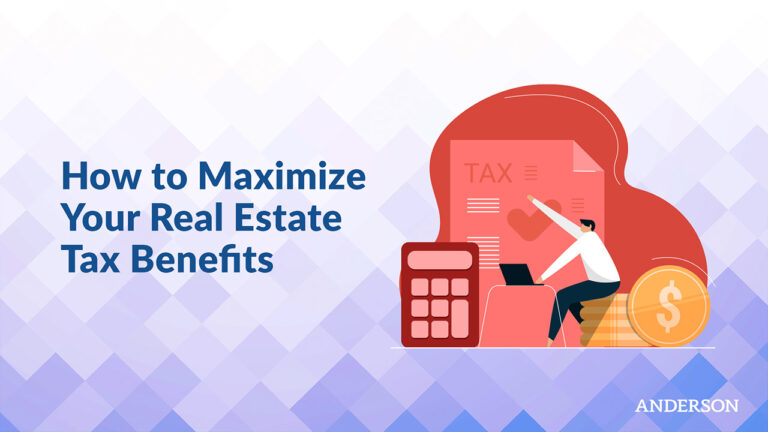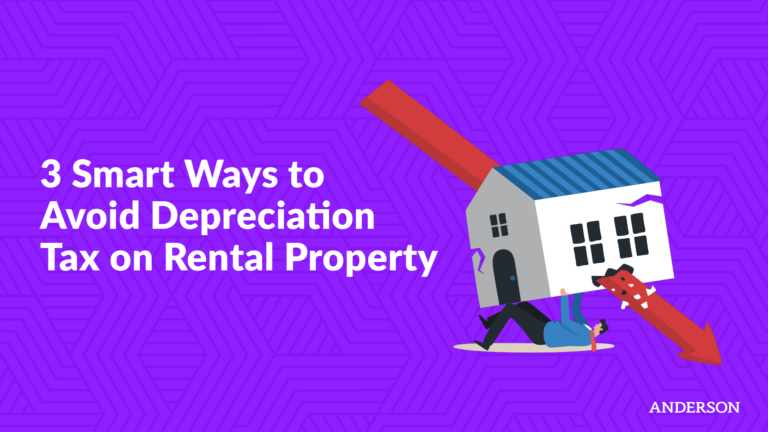What Are the Advantages of a Sole Proprietorship?
Updated October 10, 2021
Some 60%-70% of small businesses are organized as sole proprietorships. Is this because sole proprietorships are the ideal business structure? Certainly not. In fact, sole proprietors leave a lot of money on the table by being in business that way. With that being said, there are some benefits to operating as a sole proprietor.
What Is a Sole Proprietorship?
A sole proprietorship creates no legal distinction between the individual business owner and the business itself. So, when I operate as a sole proprietor, I am my business. A sole proprietor files all their taxes on their personal tax return with a form called Schedule C. Sole proprietorships do not require a separate tax identification number or separate bank account. If you wanted to go into business tomorrow as a sole proprietor, you could. This makes sole proprietorships attractive to entrepreneurs and small business owners purely because of the ease of starting one.
Benefits of Operating as a Sole Proprietor
The primary reason so many small businesses operate as sole proprietors, and the main benefit of operating a business this way, is simple: sole proprietorships are very easy to set up. In fact, all you have to do is decide that you’re in business, and you’ve set up a sole proprietorship.
For example, if I wanted to start a plumbing business and operate as a sole proprietor, I could simply get my tool belt, say I’m in the plumbing business, and start soliciting people. Yes, in some states, I would also need a business license, depending on where I live. Some states do not even require that, so I could easily say, “Go ahead and pay it to me. I am my business.”
Pitfalls to Operating as a Sole Proprietor
Audit Risk
All this ease of start-up comes at a cost. First, there’s a blurred line between the sole proprietor and their business. As a result, we see the IRS attacks sole proprietors more frequently. In fact, sole proprietorships are 1,000% more likely to be audited than S-corporations. Moreover, in 2018 (the last year for which data is available), the likelihood of sole proprietorships making about $100,00 a year being audited by the IRS was 1,200% greater. If it’s a smaller sole proprietor business making about $40,000 a year, the likelihood of an IRS audit is still more than 400% greater. Furthermore, what’s even more alarming is that, when a sole proprietorship is audited, it loses the audit 94% of the time, greater than 9 times out of 10.
Increased Liability
Moreover, by operating their business in their personal names, sole proprietors create no legal separation between themselves and their business. This means sole proprietors are exposed to extreme liability. As easy as it is to set up a sole proprietorship, it’s just as easy to sue a sole proprietor for everything they own personally and win, which could possibly result in garnished wages for the rest of your life or other easily-avoidable legal and financial woes.
Higher Taxes
Because sole proprietorships are so easy to create, they are low-hanging fruit. Sole proprietors pay the most tax. They pay self-employment taxes, which amount to 15.3%, and have reduced deductions because you can’t technically be an employee of your company if you’re a sole proprietor.
On top of that, sole proprietors weren’t even allowed to participate in the first round of the Paycheck Protection Program because no one knew how to handle them. Sole proprietors did not receive any of the CARES Act benefits offered to other businesses.
Funding Hurdles
Oftentimes, sole proprietors also find that it’s more difficult to secure funding for their business because they operate as sole proprietors. If a potential lender has difficulty distinguishing between you personally and your business, they’re less inclined to loan your business money because there’s an underlying fear that you’ll just take the money and use it personally. This is a valid fear, especially if the money goes into the same account.
More often than not, they may offer you a personal loan instead of a business loan. This can create difficulties for the sole proprietor down the line because taking out a personal loan will affect your FICO score, which affects a plethora of other expenses, like insurance and home loans.
Alternatives to Sole Proprietorships
As an attorney, I could never tell you that it’s a good idea to operate business in your name. You always want to have a legal entity separating yourself from your business for liability purposes.
Disregarded LLCs
Sole proprietorships are easy, which is the basis of their appeal. If your main attraction to sole proprietorships is because you want something uncomplicated when it comes time to file your taxes, there are other options that allow the same ease at tax time while also providing legal liability protection. It’s worth noting that added complexity can also be a boon to profitability, so there are certainly justifications for going with a more complicated structure.
But let’s just say your main goal is to keep everything easy at tax time and put it all on your personal return. In this case, you can still isolate the liability to protect your personal assets while still filing your business income on your personal return. To do this, you could create a disregarded LLC.
S-Corporations
If you’re willing to engage in an entity structure that’s a bit more complex, S-corporations will allow you to avoid 2/3 of the self-employment tax (remember, that’s 15.3% for sole proprietors). On top of that, an S-corp. would allow you actually become an employee of that S-corp., opening up other benefits to you, like an accountable plan.
To compare, the difference in taxation between a sole proprietor making $100,00 a year and an S-corp. making $100,000 a year is about 10%. The S-corp. will keep an extra $10,000 a year because of that added complexity. You could either create a true S-corp. or create an LLC and have it taxed as an S-corp to achieve this.
In fact, if you compare the tax return process for sole proprietorships and S-corporations, you’ll quickly realize that the tax return for S-corps is no more difficult or complicated than the sole proprietor’s Schedule C. So, from my perspective as a tax attorney, I’m always scratching my head when someone tells me they operate as a sole proprietor. There are a lot of accountants out there who can be a little lazy, and they don’t know the real differences, so they may default to “Hey, let’s do whatever’s easiest.” But I’m here to let you know that, when it comes to the IRS (and the world in general), what’s easiest is rarely ever what’s best.
Bonus Video











